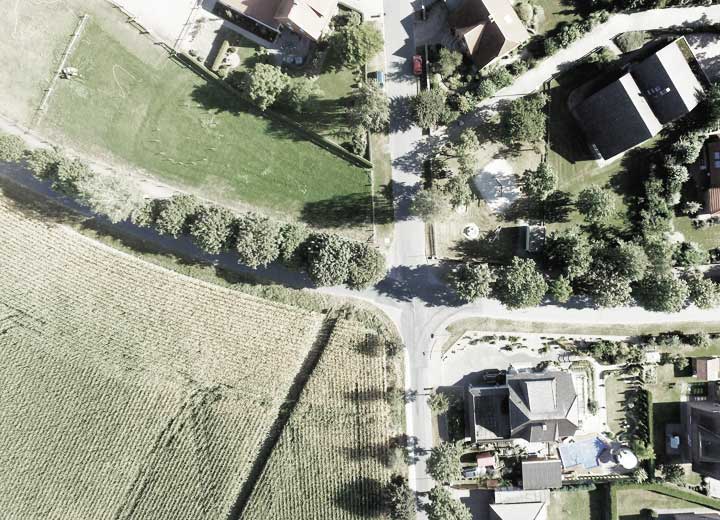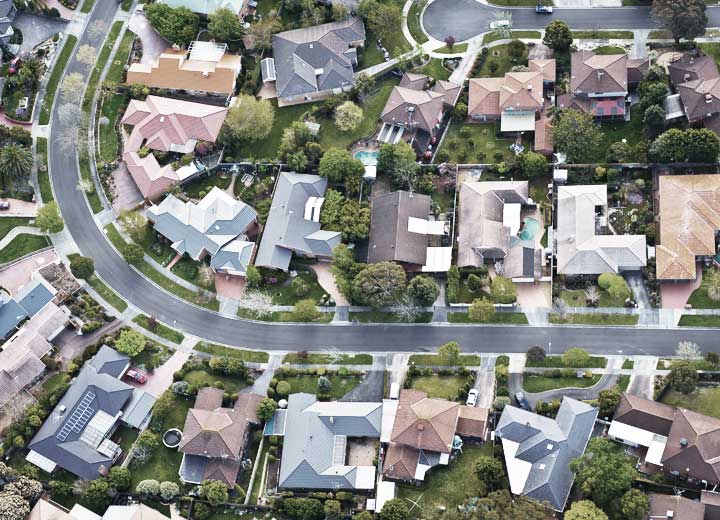Real estate
Municipal Complementary Law (LC) No. 192/2018, published on July 19, establishes special conditions for the licensing of buildings (future improvements – named “mais valerá”) and additions in buildings (improvements – named “mais-valia”) in order to stimulate the regularization of buildings in the city of Rio de Janeiro and increase tax collection of the municipality. In 2015, when another improvements law was enacted, legalization of additions yielded R$ 1 billion for municipal public coffers.
National Monetary Council (CMN) Resolution No. 4,661/2018 established new rules and restrictions on investment in real estate by pension funds. Published on May 29, the regulation revoked Resolution No. 3.972/2009, prohibited the direct acquisition of real estate by closed-end private pension entities (EFPC), and forced them to sell properties owned directly by them within a period of up to 12 years (or May 28, 2030).
The Special Body of the São Paulo State Court of Appeals (TJSP) amended a preliminary injunction that had suspended the effects of article 162 of Municipal Law No. 16,402/14 (São Paulo’s Land Subdividing, Use, and Occupancy Law) and restrained almost two thousand cases of licensing for construction projects, activities, and buildings filed under the previous legislation, which caused serious and irreparable harm to the city’s economy and to the industry’s legal certainty. With the decision by the Special Body, the more than 1,900 cases found in this situation (according to the city government, and disregarding those currently being examined by the regional city governments and departments) can resume their normal progress immediately.
In order to increase collection, the Federal Government decided to sell the 17% ownership it holds in emphyteutic real estate property. With this measure, individuals, who hold 83% of these properties (useful domain), will become their full owners.
The deadline for submitting contributions to the bill proposed by the City of São Paulo to review the Law on Land Partitioning, Use, and Occupancy - LPUOS (Law No. 16,402/16, known as the Zoning Law) ended March 30. The City announced it received more than 2,500 suggestions for the text published on the website Gestão Urbana SP as of last December 15.
The good standing of the use of physical spaces in public waters is as important for some enterprises as the good standing of the recording of the ownership of real estate in the respective real estate registry.
The word arra originates from the Latin arrha, whose meaning, as in the Egyptian aerb, Hebrew arravon, Greek arrabôn, and Persian rabab, which means a guarantee. A millennial institution in human relations, arras guaranteed, initially, the promise of a marriage, with the delivery, by the groom, to the person responsible for the bride or directly to the bride, an object or amount of money.
Federal Law No. 13,476/17, published on August 29, may have a major impact on the relationship between creditors and debtors in default when the asset is subject to a secured fiduciary sale in guarantee (alienação fiduciária em garantia).
Brazil's Attorney-General has requested the full suspension of the law dealing, inter alia, with urban and rural land regularization (Law No. 13,465/2017), arising from Provisional Presidential Decree No. 759/2016 and addressed in the e-book "Inovação, celeridade e aumento de eficiência: o que muda no mercado imobiliário com a Lei nº 13.465/17" ["Innovation, speed, and increased efficiency: what changes in the real estate market with Law No. 13,465/17"]. The petition for an injunction was filed in Direct Action of Unconstitutionality ADI No. 5,771, filed on September 1.
In lawsuits relating to rural properties, the Public Registers Law (article 225, paragraph 3) determines that judges must require precise identification of the characteristics, boundaries, and location of the property by the parties, which is known as geo-referencing.
The real estate market received a large - and very welcome - legal stimulus on last July 11 due to the conversion of Provisional Presidential Decree No. 759, in effect since December 2016, into Federal Law No. 13,465/2017.
Although not yet regulated in Brazil, the concept of multi-ownership, also known as time-sharing or fractional ownership, challenges the limitations of traditional property rights. By making it possible for several individuals to economically share the ownership of a single property, exercising their right in a specific period during the year, in an exclusive, cyclical, and perpetual manner, the multi-ownership gives dynamism to real estate developments, enables the maintenance of investments in the sector, and highlights the strength of the sharing economy as a global trend.












